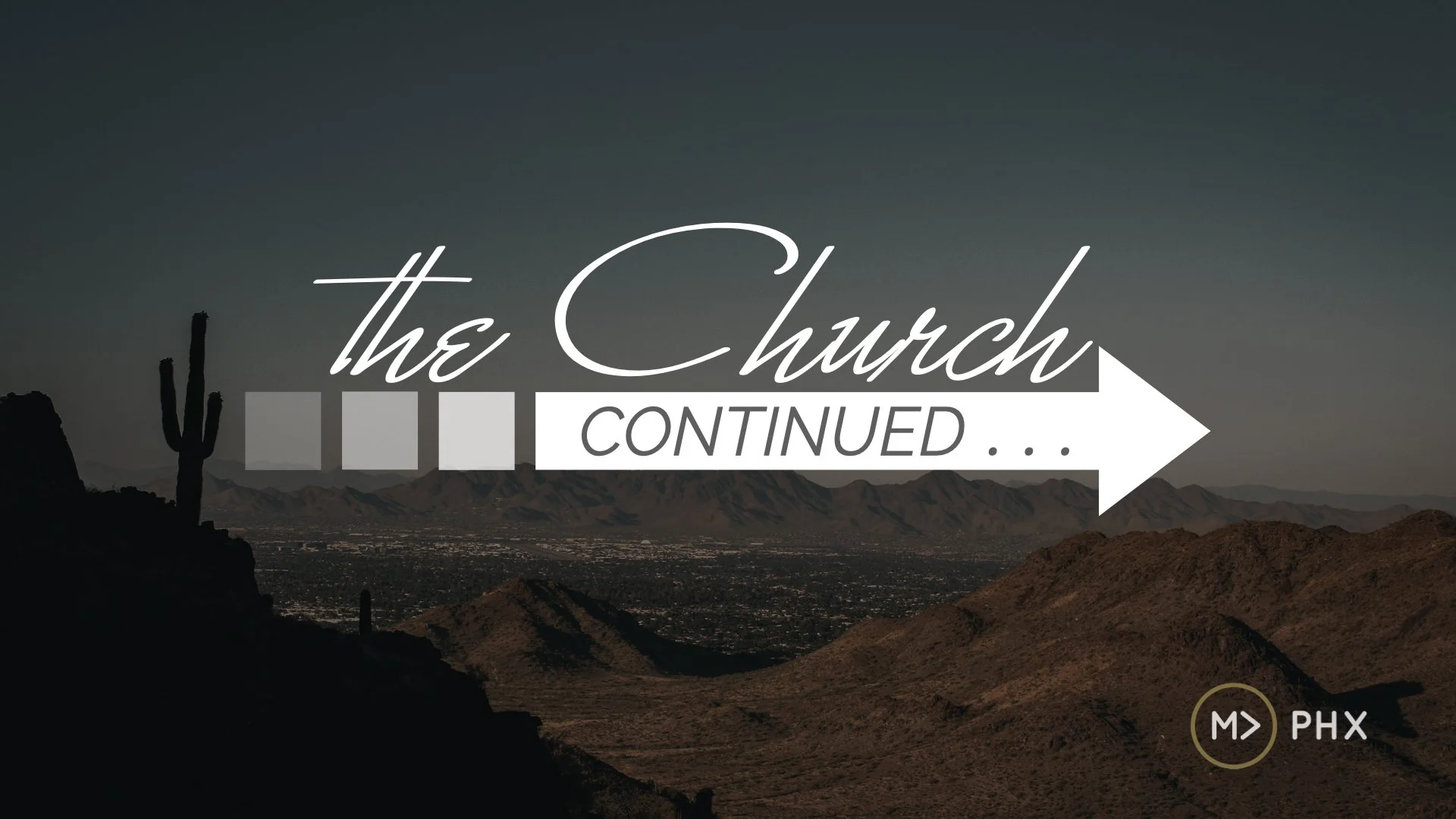God’s people were disheartened by how the new temple was shaping up compared to the splendor of the former temple Solomon had built. God spoke through Haggai to encourage them and remind them that this temple did not require fine silver and gold to be glorious, and if it did, He could surely provide it! But God’s own glory would come and fill that place and His presence would make it more glorious than the first. The second temple would later be visited by Jesus himself. The second temple would also eventually crumble, but the temple of Jesus’ body, where the fullness of God’s glory was present, rose again and remains forever!
What Are You Building?
God’s people were supposed to rebuild the temple once they were released from Babylon. But they got caught up building extravagant homes for themselves. Of course, God didn’t need a home built from human hands, but the temple was about God’s presence and glory being near His people. What are you building? Are you building up a life that is far or near from God’s glory and presence?
The Lord's Prayer
Realities of the Kingdom
What does it mean to pray, “Your Kingdom come”? What is it we are actually asking for to take place on earth, as it is in heaven? What was Jesus proclaiming as he announced the Kingdom of God was at hand and in our midst? In this message we explore seven realities we see about the Kingdom Jesus brought with him and what it means to live in those realities.
The Garden in the Grave
Palm Sunday
Jesus’ final week of his life on earth was marked by a triumphal entry into Jerusalem, met with praises and shouts of salvation. Yet, Jesus’ humble entry was doing more for humanity than those in the crowd could ever imagine. Jesus’ entry reveals him as the true prophet, priest, and king that we need — and that we were meant to be. These three roles Jesus fills help show us what it is to be fully human once again, in Jesus’ power.
Valley of Dry Bones
In a crazy, and somewhat spooky vision, God shows Ezekiel that He is still at work in spite of Israel’s failures. He will be restoring Israel to what they were meant to be. And yet, this vision has a double meaning — one that is more applicable for us today. God is not only reviving Israel, but He is in fact restoring life to our dry bones. As we continue through Lent we see the promise of resurrection given long ago.
Appointing A King
The people of God wanted a king. Not the King they had -- the one who rescued them out of slavery from Egypt, the one who brought them safely through the sea and the wilderness, the one who time and time again protected them from their enemies and brought them into a good land he promised to them. No, they wanted a human king to be like all the other nations. The person they saw fit to be king was much different than what God saw they needed, and eventually, God would show them how to look for the true king. What is it we're looking for?
Testing in the Wilderness
As we continue our journey through Lent, we find the Israelites in their journey through the wilderness without water. God provides miraculously, but as we look closer we see God is at work in so many more ways than we can even fathom. Most importantly, God is present with them in the wilderness. This is still true for us in the wilderness places of our lives -- God is at work and He is with us.
Calling and Purpose
Delight, Desire, and Death
We begin our Lent journey toward joy at the beginning.
The first humans were placed in a garden called ‘Delight’ and it lived up to its’ name. Yet, they were deceived into seeing and desiring something else. That desire set in and gave birth to sin (rebellion), which ultimately resulted in death. How can we fix our eyes on the delight we have in Jesus and ultimately find life?
Titus three
Titus two
What does it look like to live as followers of Jesus in a culture that is so counter to that? Titus 2 has a couple things that may be difficult to swallow in our culture, but when we understand the culture it was written to and the heart behind living as a display people of God, we may gain a better understanding of how we live counter-culturally today.
Titus one
Boundary-Crossing Mission
As the Church, we are called to not only form tight-knit communities being formed in discipleship together, but to extend that as we make disciples of all nations. How are we moving beyond the boundaries typically drawn by society, culture, and even our own prejudices in order to bring the good news of Jesus to all the people it is meant for?









